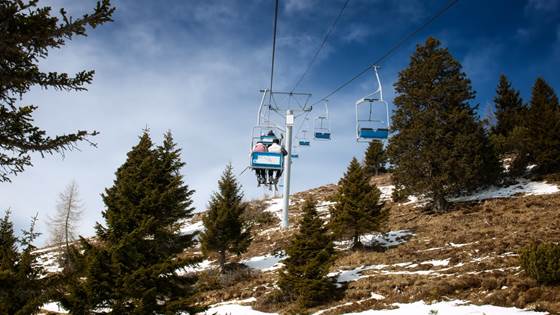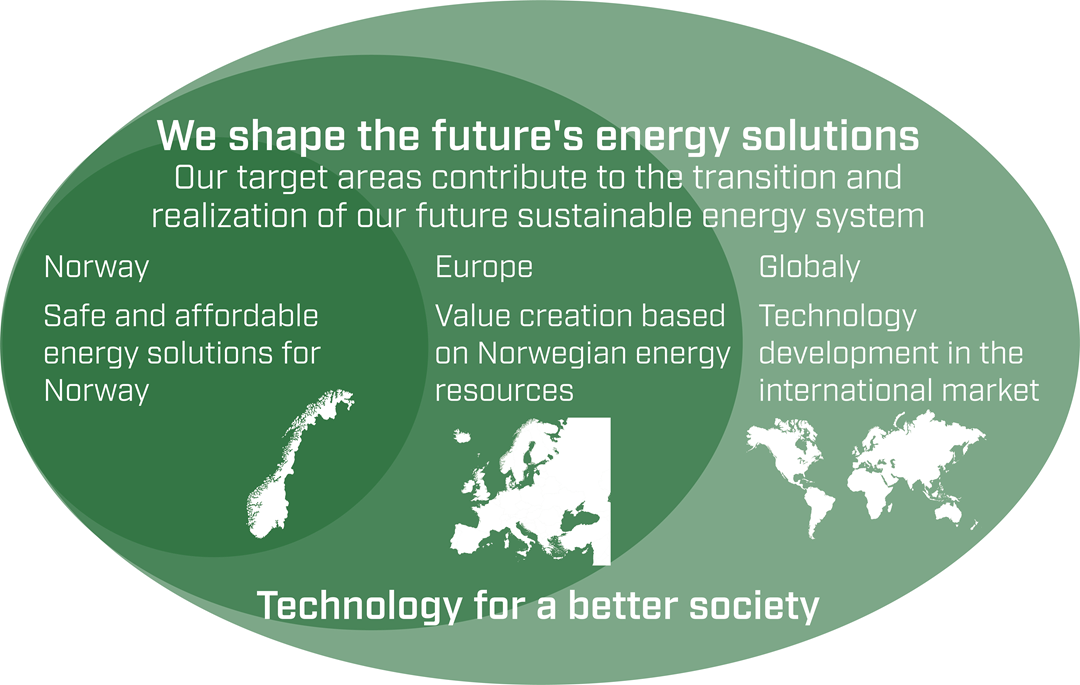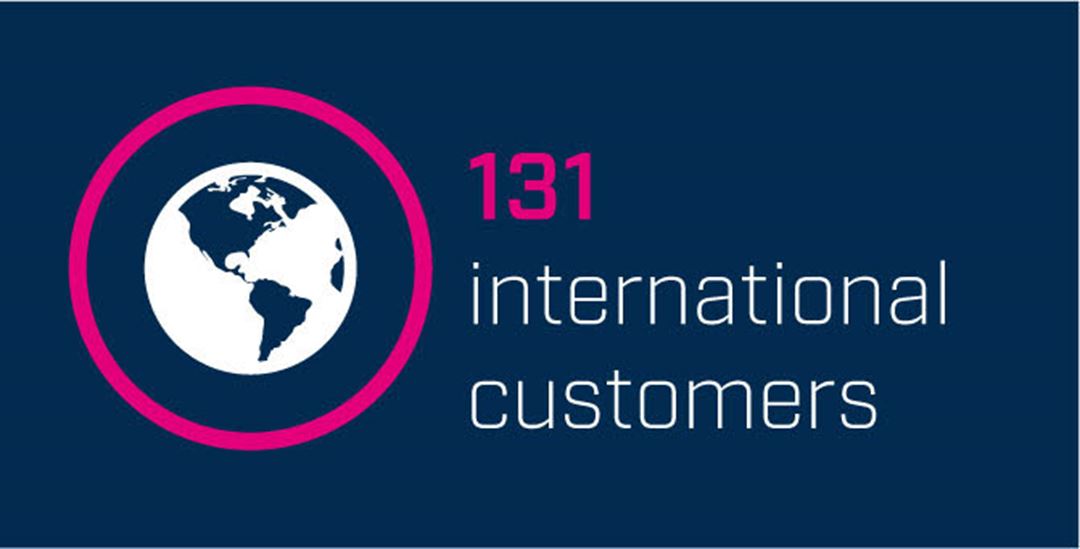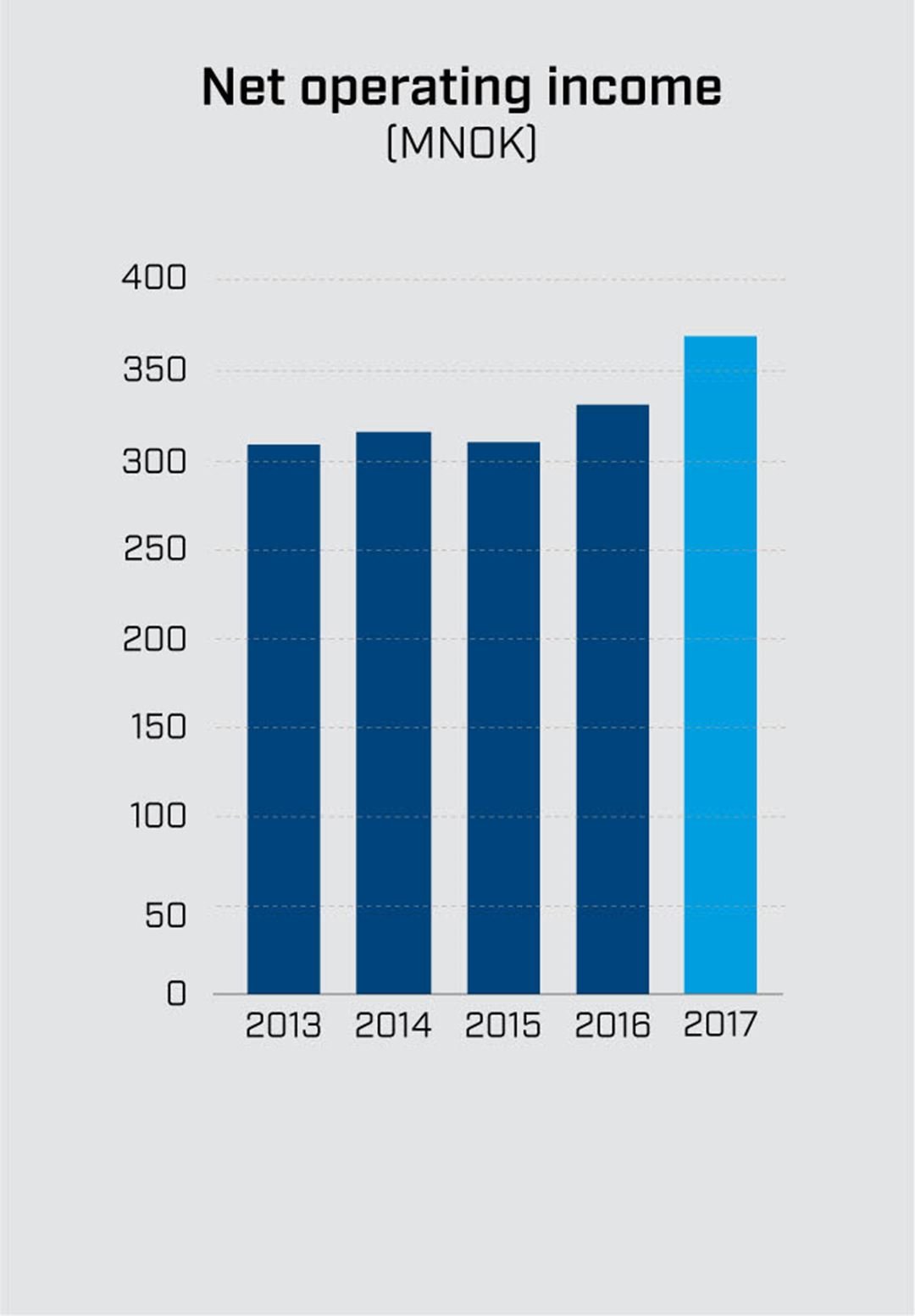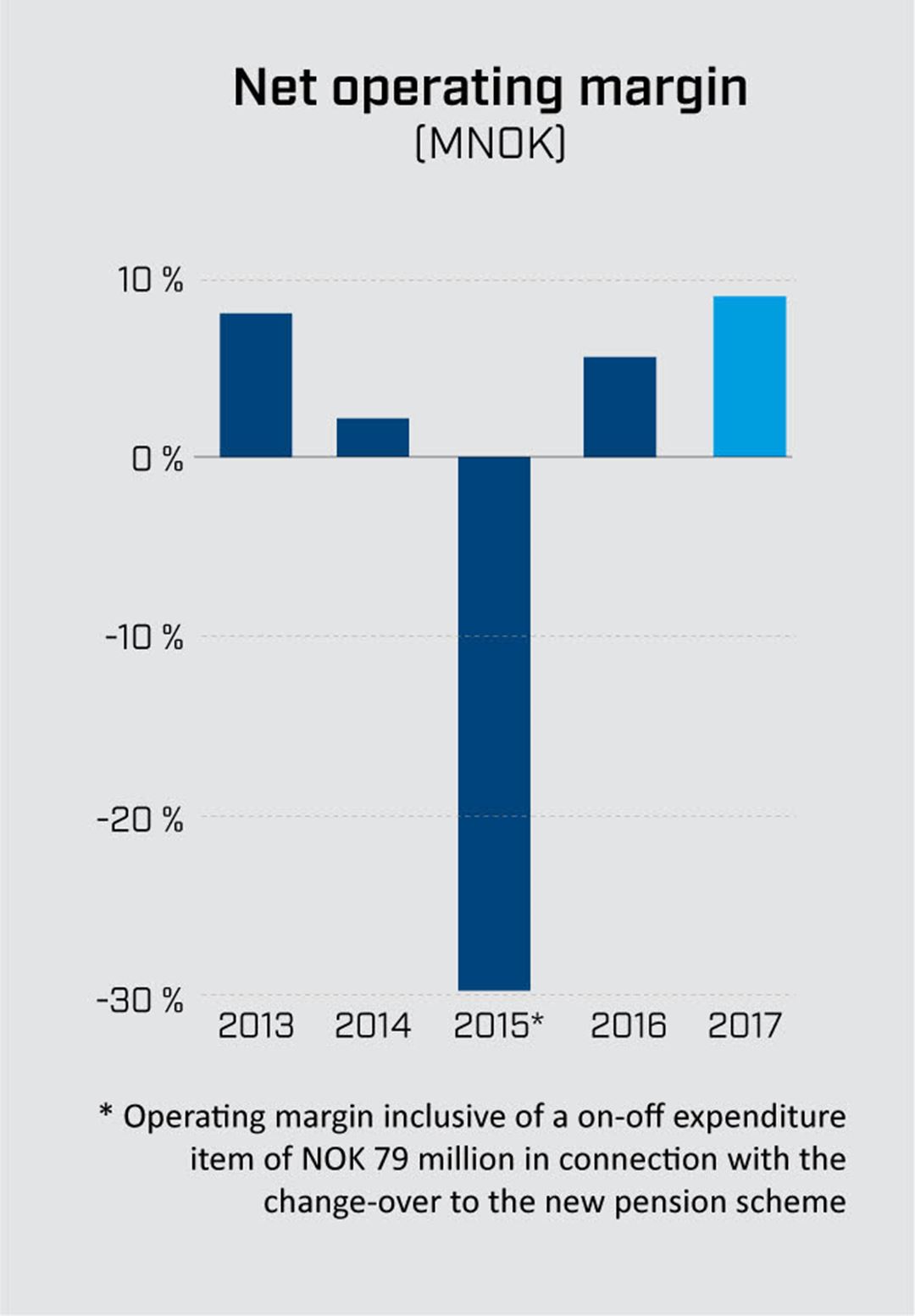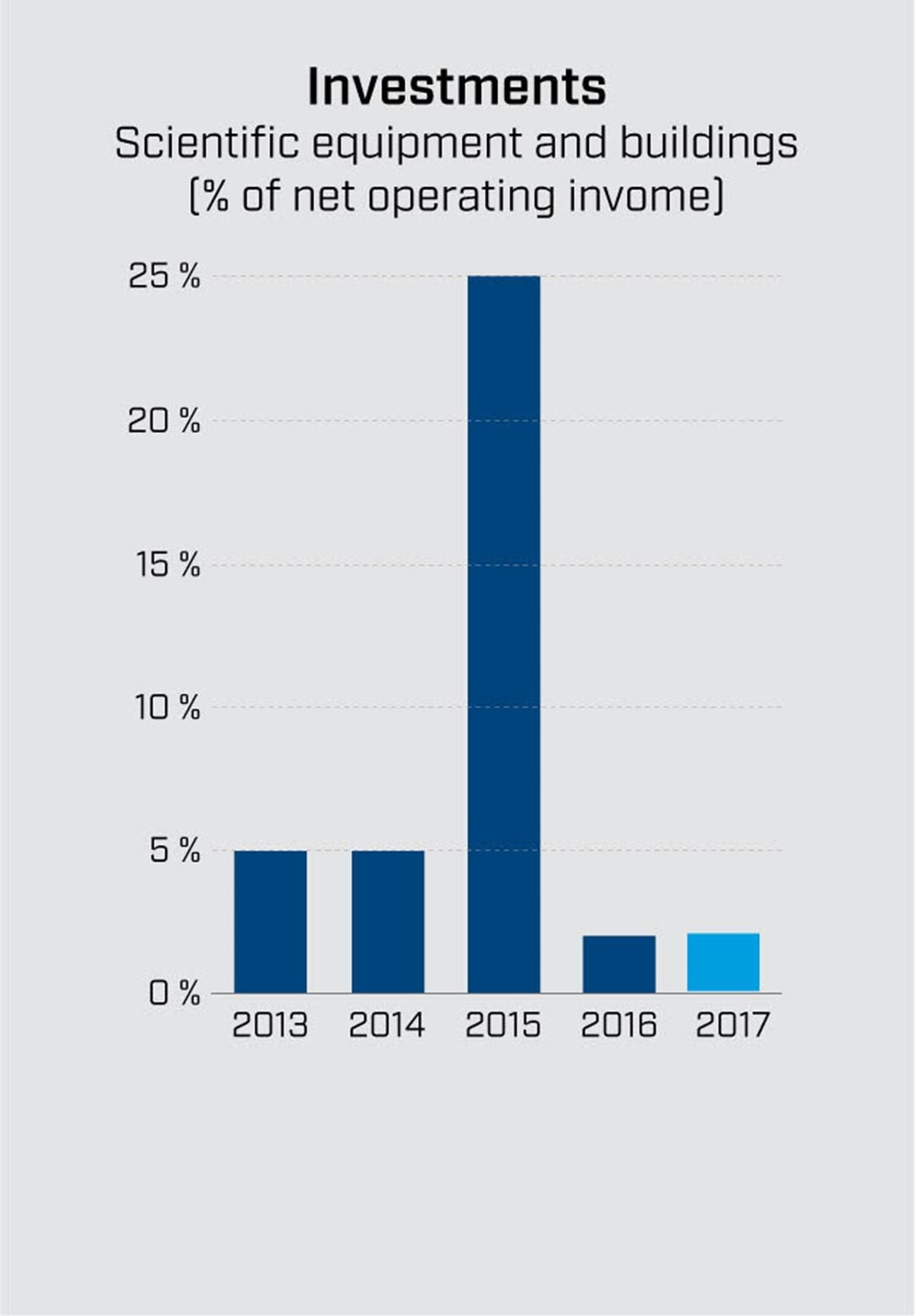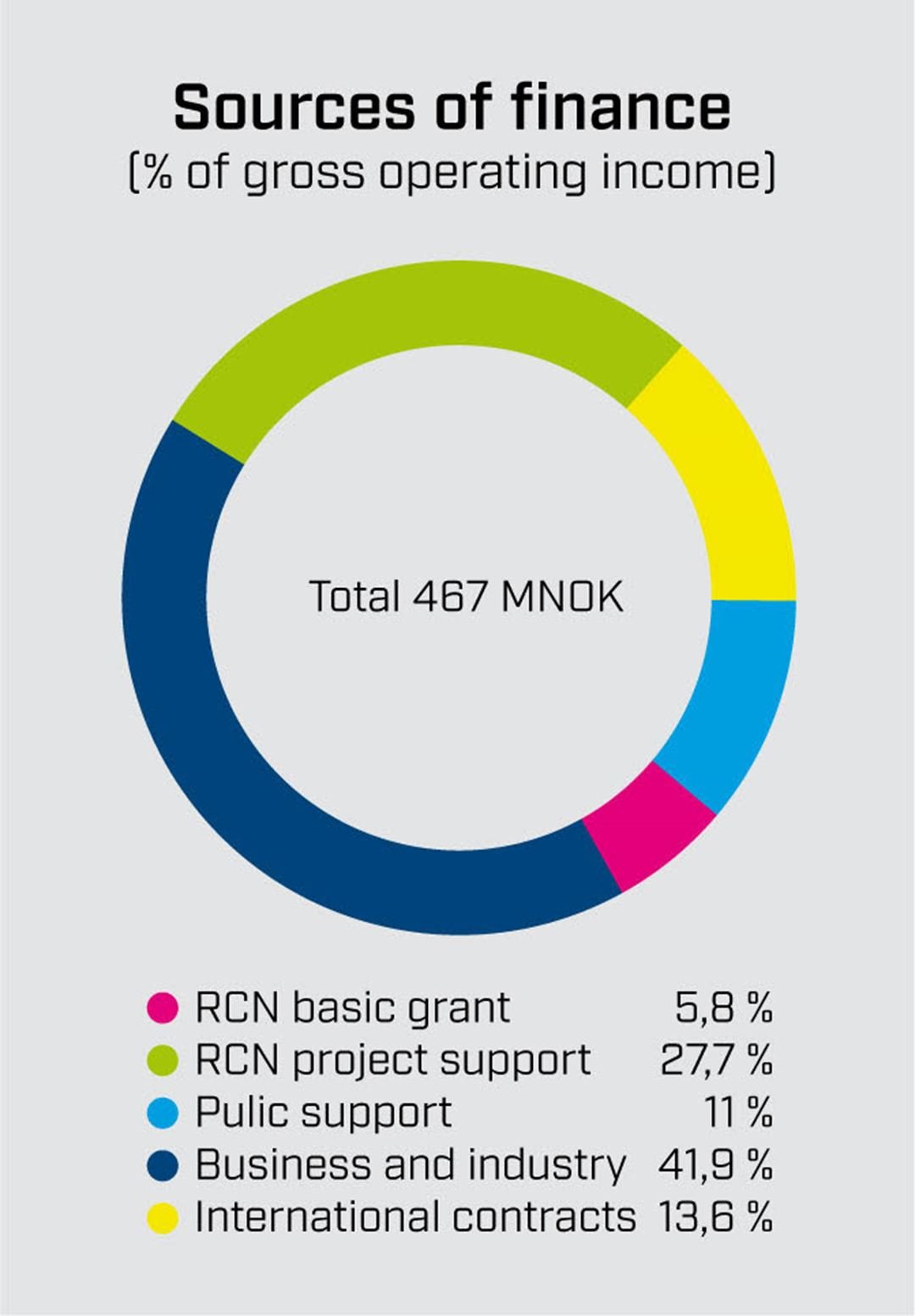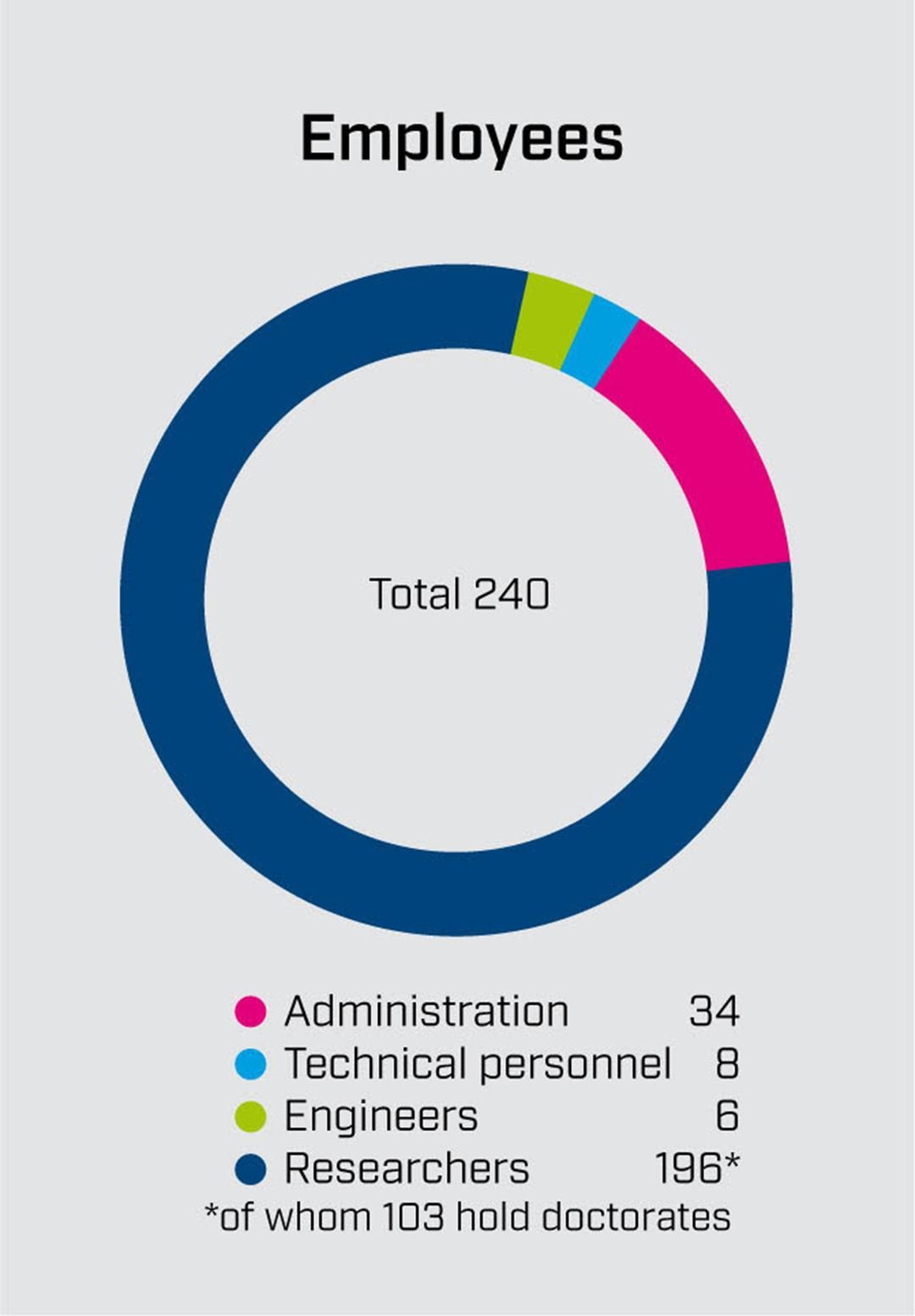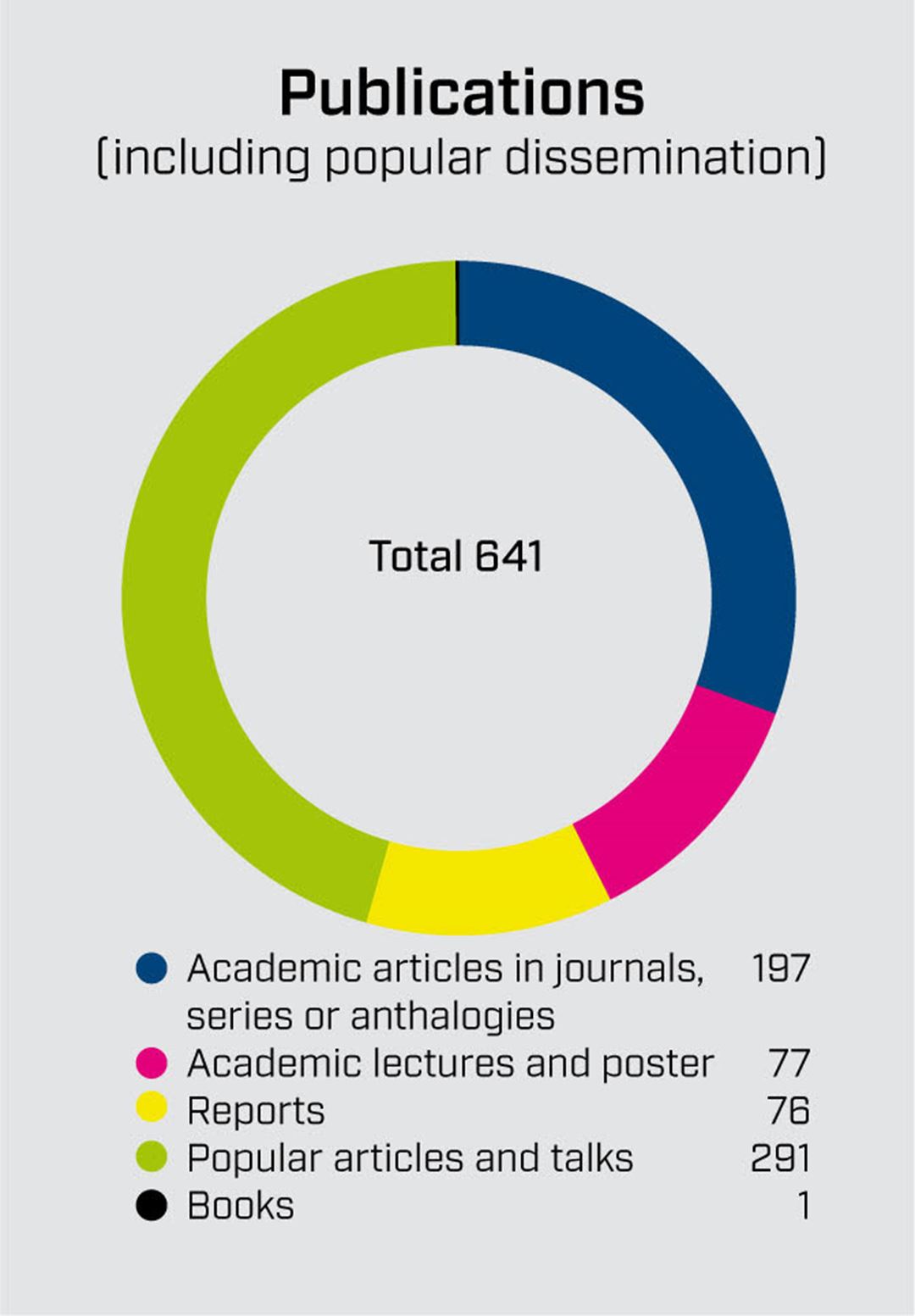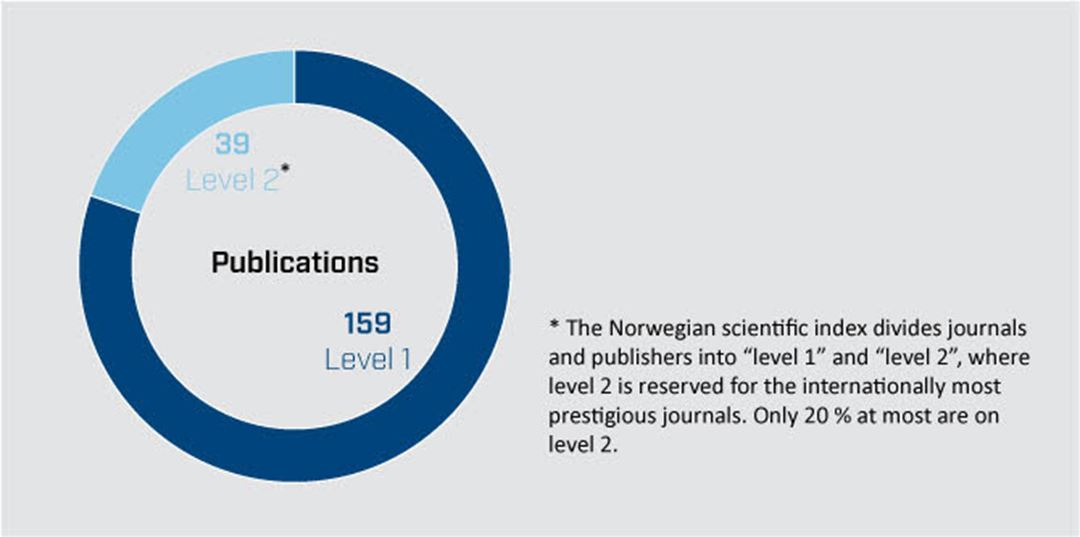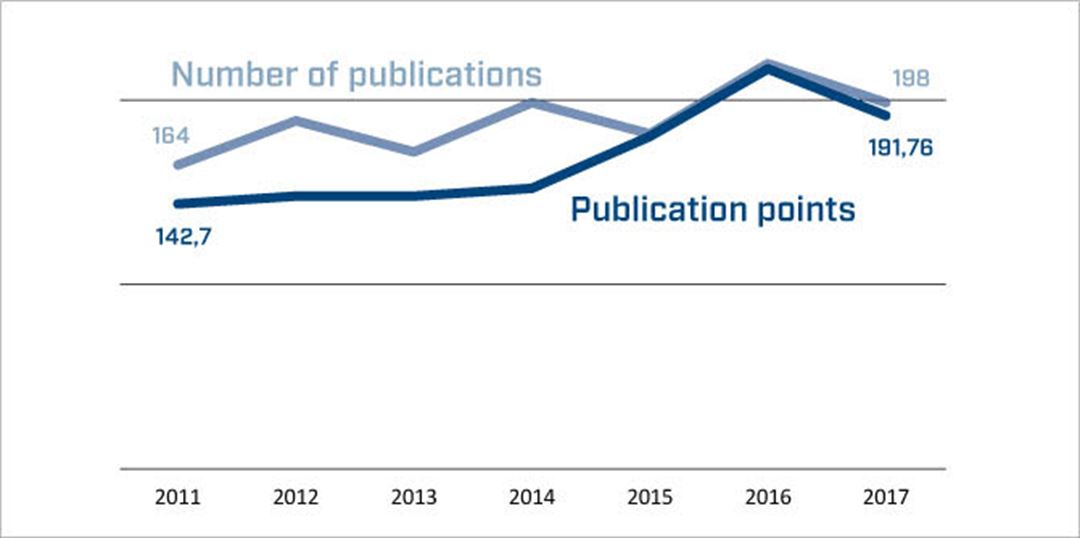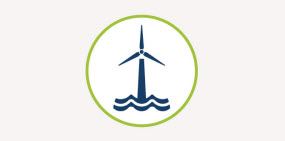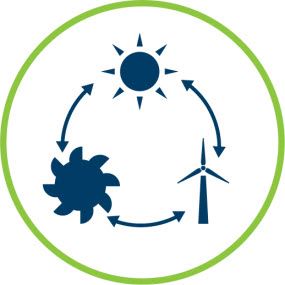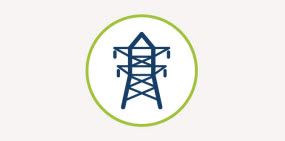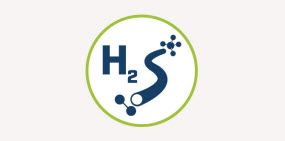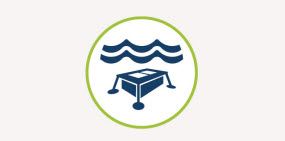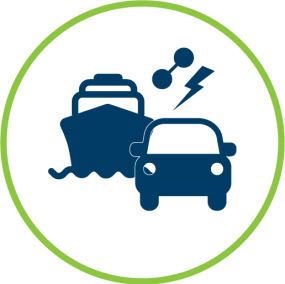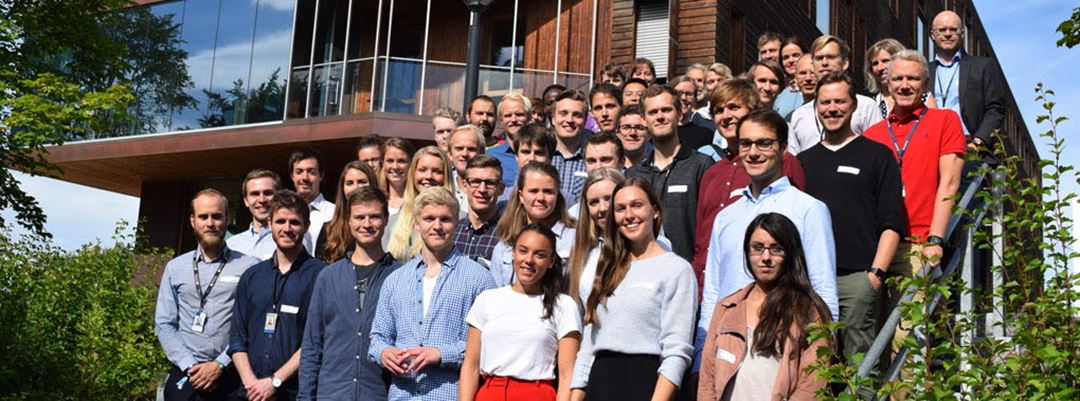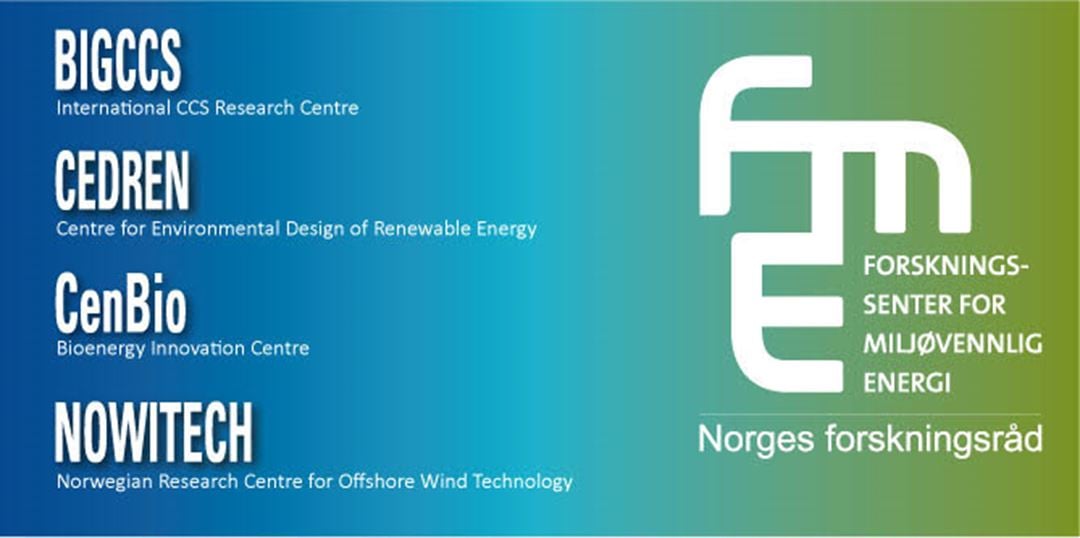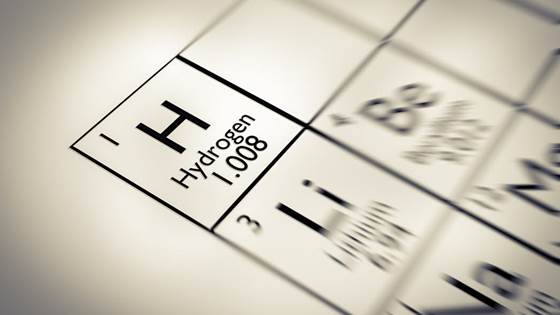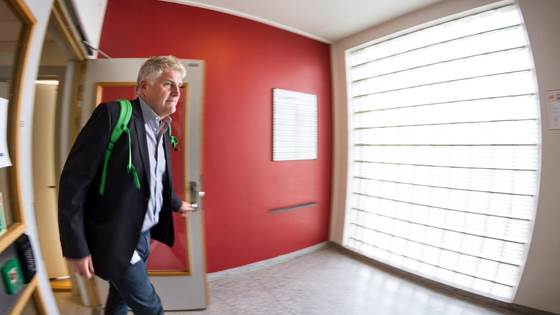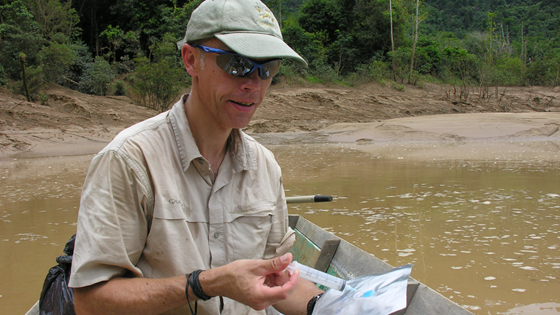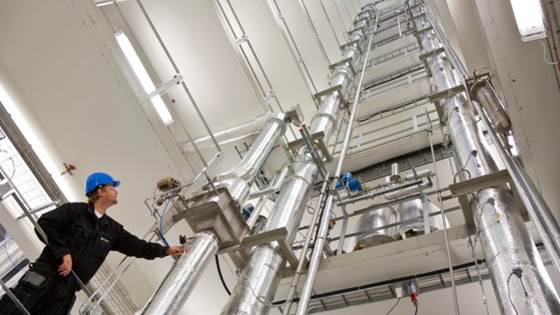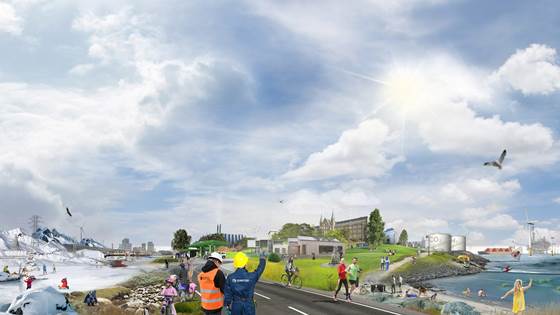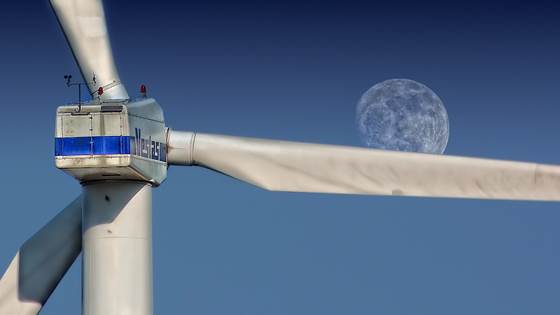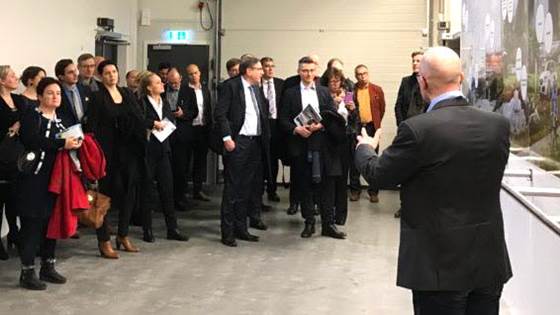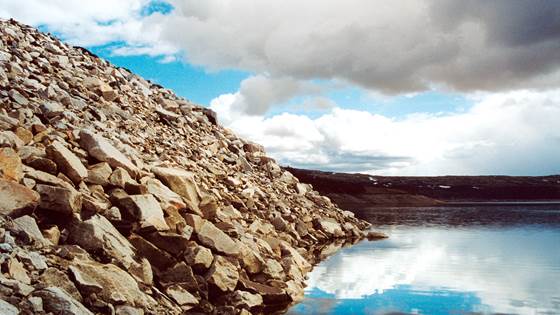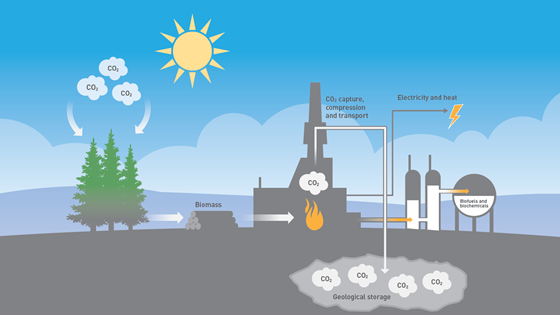Challenges related to energy and climate change are very closely linked. Success in tackling the energy challenges will contribute to resolving climate change issues. At SINTEF Energy Research we are working with tomorrow's energy systems and thus also technology for a better society.
In 2017 our research has contributed in fields such as smarter energy systems, more robust electrical power technology, an energy efficient industrial sector, and has brought us a step closer to full-scale CO2 management. The sum total of all this is a more sustainable energy system and better approaches to addressing climate change issues.
During the last year, we have welcomed many interesting visiting delegations, including politicians, industrial concerns and public sector administrators. We often invite them to our key facility – the SINTEF Energy Lab. Our experience is that people are impressed by what we have achieved here. Indeed, the Norwegian Energy Minister has said that "it is here we create the future".
Last year we succeeded in the Norwegian competition for research infrastructure funding, both for the development of smart power grids, and for a new laboratory for researching into energy efficiency in industrial processes.
2017 saw the opening of the new ECCSEL laboratory at the thermal power generation centre at Gløshaugen, in collaboration with our most important partner, NTNU. Research activity takes place not only within the building, but also on its roof, and at 70 metres below ground level.
Every year we welcome a group of young researchers to work with us during the summer. These are competent students who work on a variety of projects together with members of our permanent research staff. In 2017 we created a new record with the announcement of as many as 40 summer research jobs. I think it's incredibly inspiring to observe the effort and talent among these young researchers.
2017 was not only a good year financially, but above all an important year for research. You can read more about this in this annual report.
Inge R. Gran, CEO
